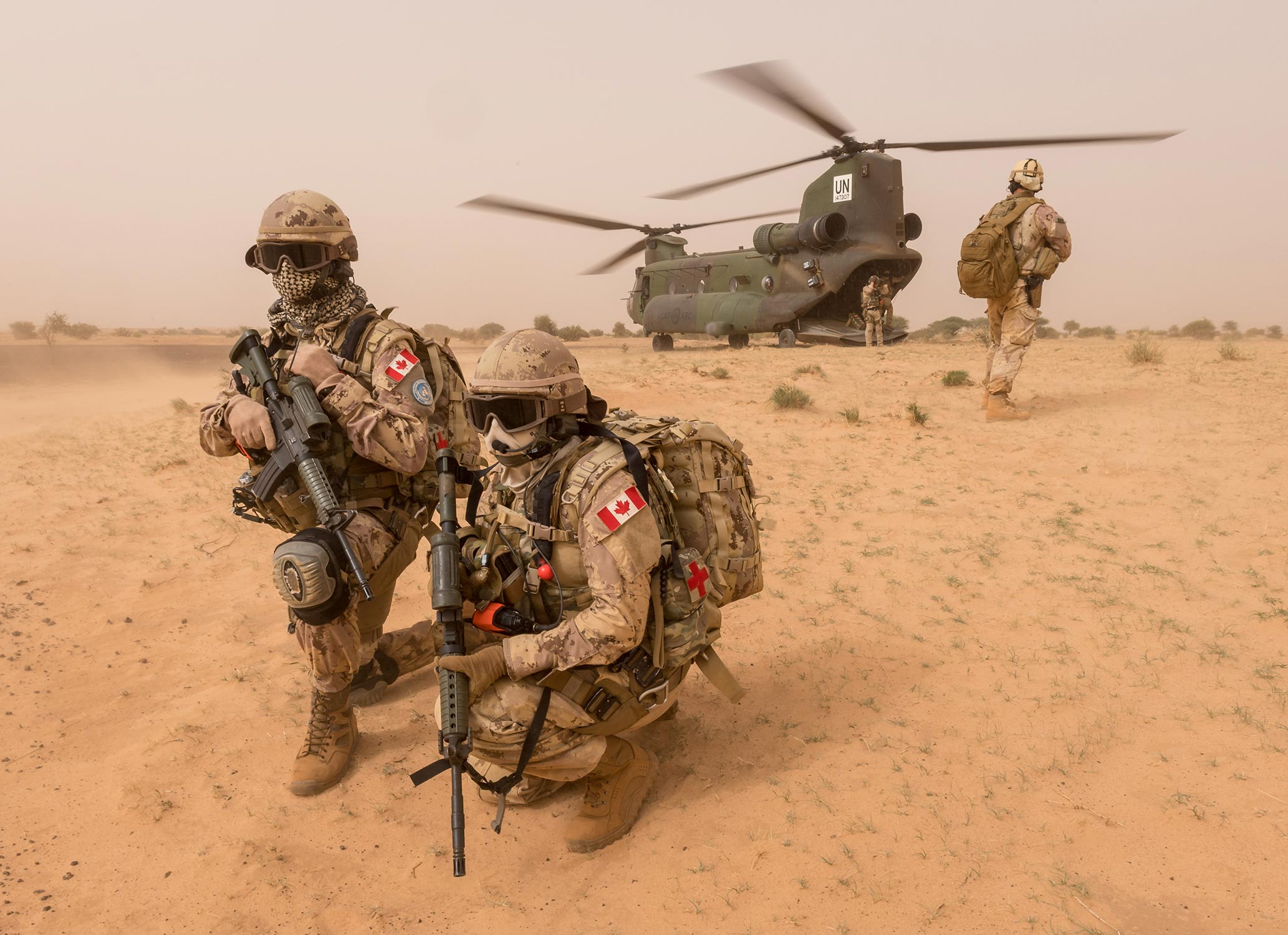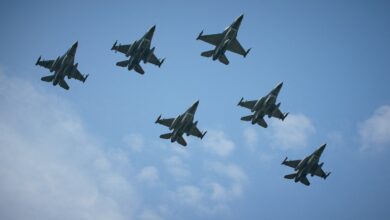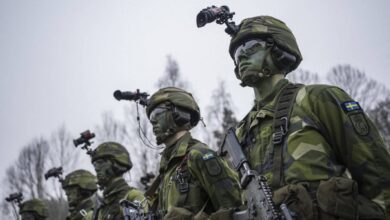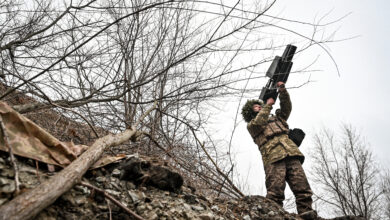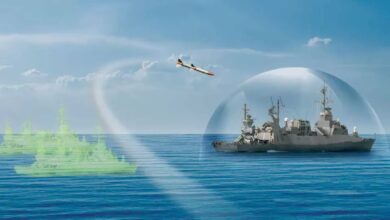Canada to Boost Military Spending, but Short of NATO Target
Canada announced Monday a boost in defense spending that will see the purchase of long-range missile systems, new tactical helicopters, and a greater Arctic presence, though it will fall short of NATO spending targets.
Prime Minister Justin Trudeau told a news conference at the Trenton, Ontario, military base that the government is also looking to add new submarines to patrol its coastlines, and is in talks to join the AUKUS security partnership, where the United States, Britain, and Australia cooperate on intelligence.
In the Canadian government’s budget next week, it will earmark 8.1 billion Canadian dollars ($6 billion) over five years in new funding, part of a total of 73 billion Canadian dollars ($54 billion) over the next two decades for its military.
This is on top of already announced procurements of navy ships and a fleet of F-35 fighter jets, as well as investments to modernize continental defenses under the North American Aerospace Defense Command (NORAD).
“We live in an increasingly complex and challenging time,” Trudeau said.
“Whereas in the entirety of the 20th century, we sent our people out to the frontlines across the world, we are now on the frontlines of new and evolving threats.”
He pointed to “rising and disruptive powers like China and Russia” and melting ice soon bringing more shipping in the Arctic.
NATO has set a target of two percent of gross domestic product (GDP) for each member state’s military spending.
Trudeau said Canada, which has long been criticized as a laggard in defense spending, aims to reach 1.76 percent by 2030, from the current 1.38 percent.
According to NATO figures, Canada ranks sixth from the bottom in defense expenditures as a share of GDP, while many of its allies have ramped up outlays in response to Russia’s invasion of Ukraine.
Trudeau also said Ottawa has also had “excellent conversations with the US, the UK and Australia about how we can work even closer.”
The three countries formed the AUKUS trilateral security partnership in 2021 in a bid to counter China’s growing assertiveness in the Pacific.
Japan and New Zealand have also discussed closer cooperation on advanced military technologies with AUKUS.

